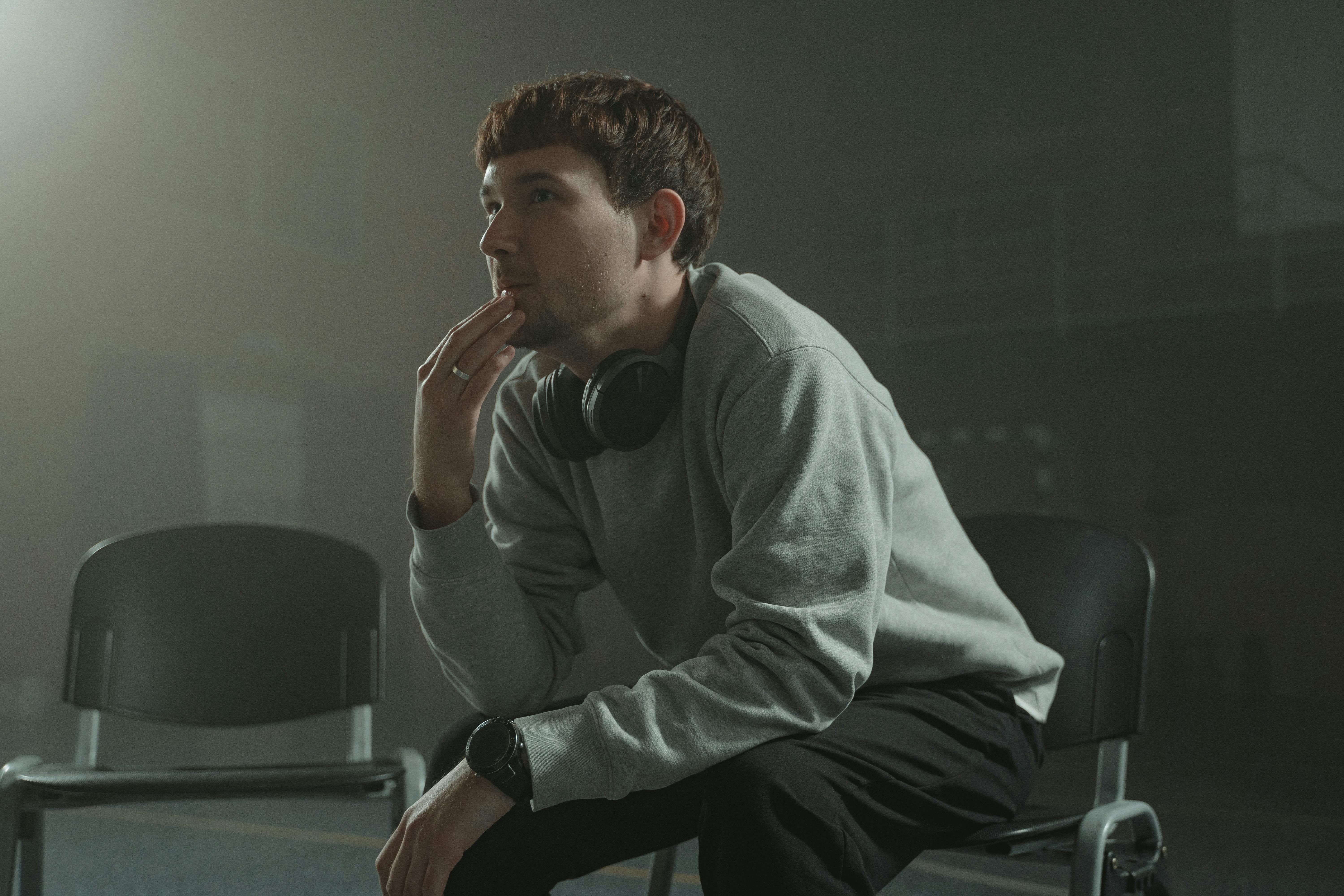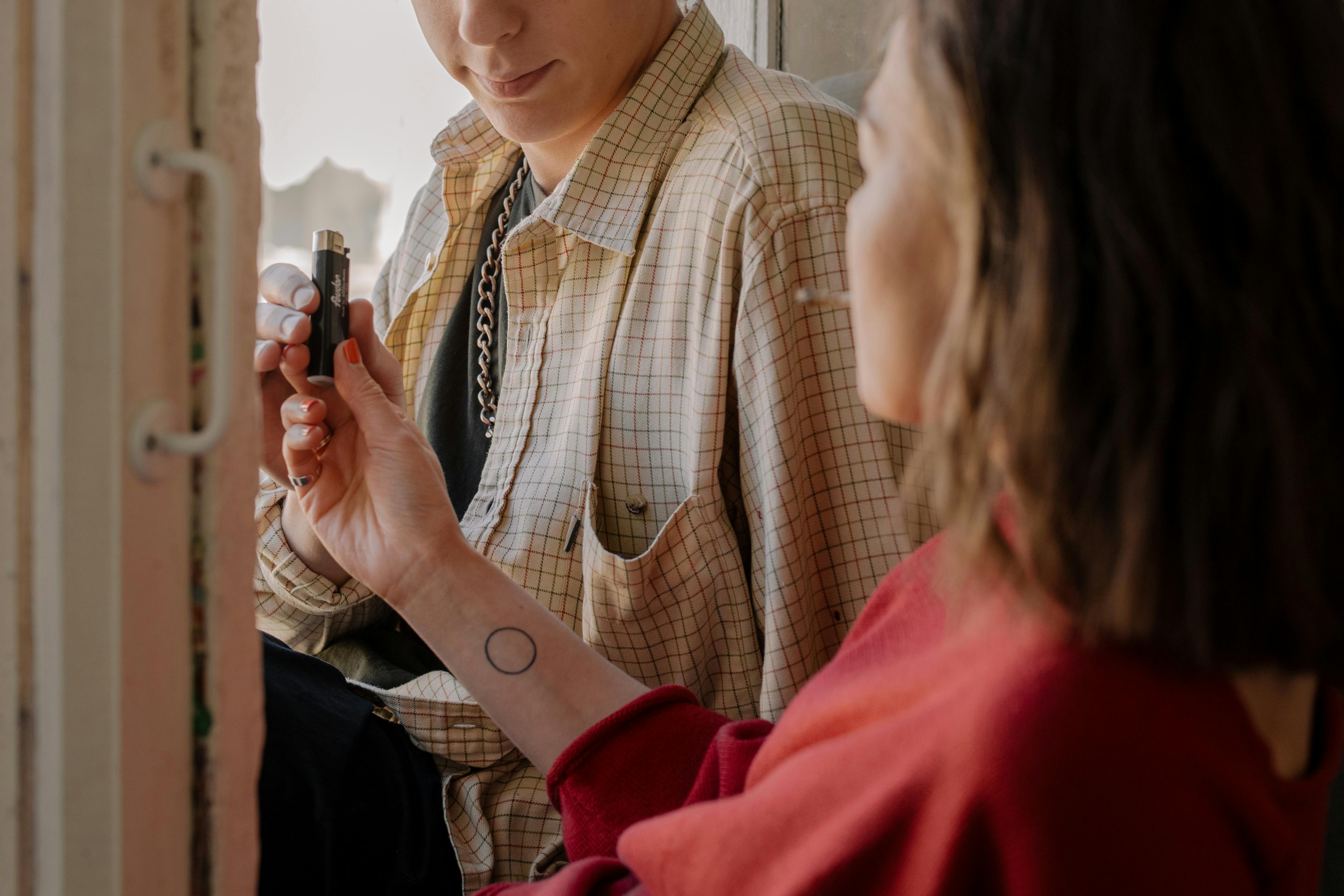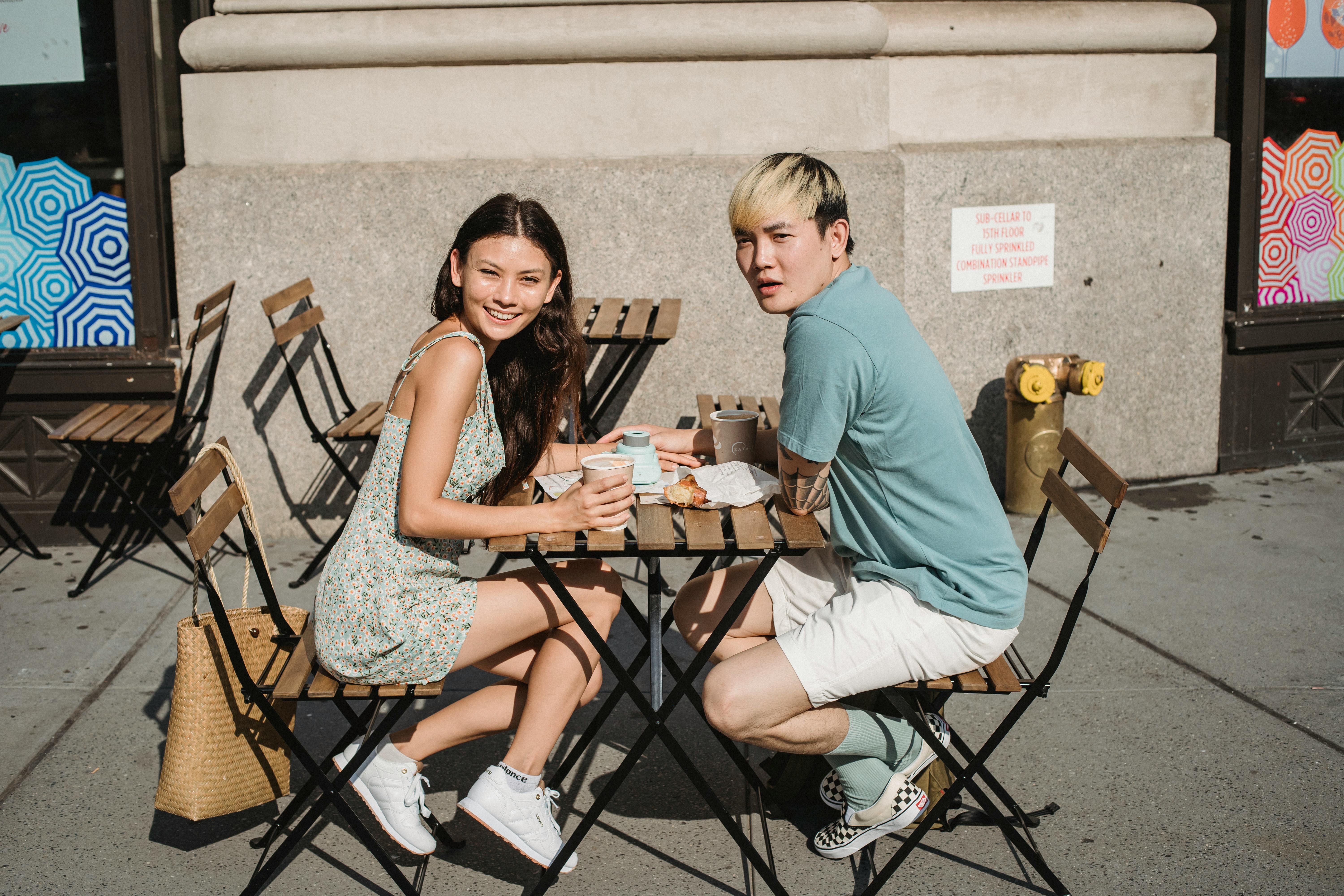
Choosing a gift for your autistic child
Whenever Christmas or birthdays roll around, I am often at a crossroads as to what kind of gift to get our autistic son. Our son is 6 years old, and although chronologically she is six, evaluations have indicated that she is functioning at a developmental level of approximately 2.5 years. This puts me in a conundrum as to what would be the best type of gift to buy or suggest for him. Sure, he’s six years old and quite interested in what his older brother and sisters are playing, but he’s also drawn to toys for toddlers and preschoolers. However, talking to his therapists has helped me gain a better perspective and also some great gift ideas.
What my son’s physical therapist shared was incredibly insightful as we discussed practical gift ideas. Most parents of disabled children want to rush their children as they master different skills and behaviors and move on to the next milestone. How we tend to forget the importance of simply letting the child enjoy what she has accomplished with all of her hard work! Essentially, it is not only okay, but normal and vital for parents to let their children play and have fun with these newly developed skills. We just don’t notice it as much with neurotypical kids. Our special needs kids just go at a different pace. This discussion opened my eyes and gave me a sense of relief.
Now, with this in mind, we must also consider that most families of children with developmental delays or neurodevelopmental problems are investing a lot of money in therapies for their children. They want their children to progress as much as possible. They also have to be wise with their budget. With autistic children, like our son, regular therapies such as speech, occupational, and physical therapies are usually covered by insurance or Medicaid. Alternative therapies usually are not. In addition, many children follow special diets, and these healthy diets are a major expense, but well worth it. As a result, I, for one, am more interested in toys or gifts that are not only of good quality, but also provide some type of therapeutic value and are long-lasting. Having fun is certainly a therapeutic value, but most autistic children I know, as well as certain children I am related to, are very hard on their toys! They need to be able to handle the kind of intense treatment that a child with poor judgment presents.
There are, of course, a wide variety of toys available in any store that can be used in some therapeutic way for an autistic child. It is a pleasure to learn from therapists, different ways of playing with a disabled child that are not only attractive and fun, but also meet several needs at once. The advantage of having therapists and special educational services for the child can certainly extend to the home. If you think about it, it is a fact that is true for any child. All children like to receive fun gifts and items that interest them. This applies to autistic children like my son, as well as children with any type of disability. The important thing is to foster an inquiring mind, mastery of skills, creativity, engagement with others (ie growing social skills), and just plain fun.
Some examples of how to use a toy with therapeutic value are Mr. Potato Head and all the varieties available. What fun it is to work on directions, body parts, fine motor skills regarding manipulation of parts, hand/eye coordination, emotions (turning mouth to make it “sad”), matching or coordinating outfits and just having fun being silly
Another example is playing with beads. There are, of course, beads in all shapes and sizes, as well as beads that fit together and are easier to manipulate. You can work on patterns, fine motor skills, finger strengthening, and being creative. This type of gift should come with the understanding that when using beads, care should be taken to spend only about 15 minutes, as children can get frustrated quite easily. Pull out just a small number of beads so they can get a sense of success and complete a project, while building their self-esteem through mastering difficult tasks.
Of course, there are also the “Wow” gifts of a trampoline (mini or full size), scooters, balls, X-box Kinect games, bikes or trikes, indoor bowling games, indoor swings, puzzles, simple games, etc. . Basically anything affordable that captures the child’s interest and keeps them interested and engaged, as some of these gifts are best made when someone plays with the child. There are some toys that they can play with on their own, and there is a place for that in a child’s development, but what will excite them the most is having someone play with them on a consistent basis.
The reality is that no matter what gift you give your child, whether it’s Christmas or their birthday, the best gift you can give them is something they’ll enjoy with the vital ingredient of simply being the gift of yourself. Spending time with your child with special needs, enjoying his mastery and celebrating his accomplishments while simply having fun and delighting with them, will create lasting memories for both of you and is the centerpiece of a healthy and happy childhood.




No Comment